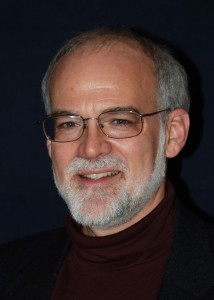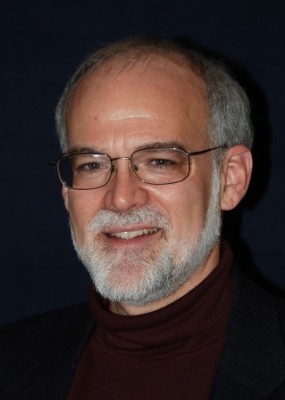
Over the years of teaching faith-based peacebuilding I have met students who are heroes of hope. Among them were:
- A nurse trainer who educates student nurses from three religious backgrounds to work with patients from the same three religious backgrounds. This nurse came with a vision to incorporate peacebuilding into the education of nurses.
- A professor of peacebuilding who has worked with former militants from religiously oriented conflicts and instilled in them a vision for peacebuilding. This student came with the vision of a better future for his country and faith community.
- A woman peacebuilder who returned to her war-torn country with a new vision for how the work of faith-based peacebuilding can bring hope. This student came with the vision for an end to war in her country.
- A producer of children’s television programming with a vision of integrating peacebuilding with the dominant faith of her home country. This student came with the vision that the next generation in her country would not face the challenges she did.
I have also seen fascinating things happen when these heroes of hope become friends in joining their visions and experiences in classroom discussions that spill over into lunch time conversations.
As religious parties emerge as dominant players in various Middle Eastern countries following or expecting political transformation; as religious and cultural sentiments are key elements of transforming the conflict in Afghanistan and Pakistan; as North Africa and Central Africa face emerging religious tensions with political consequences; as China is facing new challenges from the growth of Christianity and the emergence of Muslim identity in its western regions; and, as religious sentiments are playing a significant role in various elections around the world, the need for faith-based peacebuilding stands at the forefront of a better human future.
Each year in the Faith-based Peacebuilding course at the Summer Peacebuilding Institute, students gather from various continents to explore and imagine how the resources from their faith traditions can empower them to be more effective peacemakers. Each year’s class experience is enlivened by discussions among students and new relationships between students that create a visionary culture for peacebuilding. Each of us have left the week together in the course feeling that we have stood together on the holy ground of transformation.
Each year on the last day of class we send each other off with a blessing for the work ahead of us in our individual settings. After seven days together in the course we each have a deepened sense of what the challenges the other students face are. Often we have become a community of visionary hope for each other while holding that hope across religious difference. This hope is held in the realization that this work is not easy.
Reading the news since last year’s Faith-based Peacebuilding course has convinced me anew of the need for people of faith to find the resources from their traditions that promote peacebuilding.
[In addition to teaching “Faith-based Peacebuilding” at SPI, Roy and his wife, Maren, co-pastor Charlottesville Mennonite Church in Charlottesville, Virginia. Roy is also the overseer of the Harrisonburg District of the Virginia Mennonite Conference. Previously, Roy and his wife spent ten years in various Middle Eastern countries working with the Mennonite Central Committee. Roy holds an Mdiv from Associated Mennonite Biblical Seminary in Elkhart, Indiana.]
